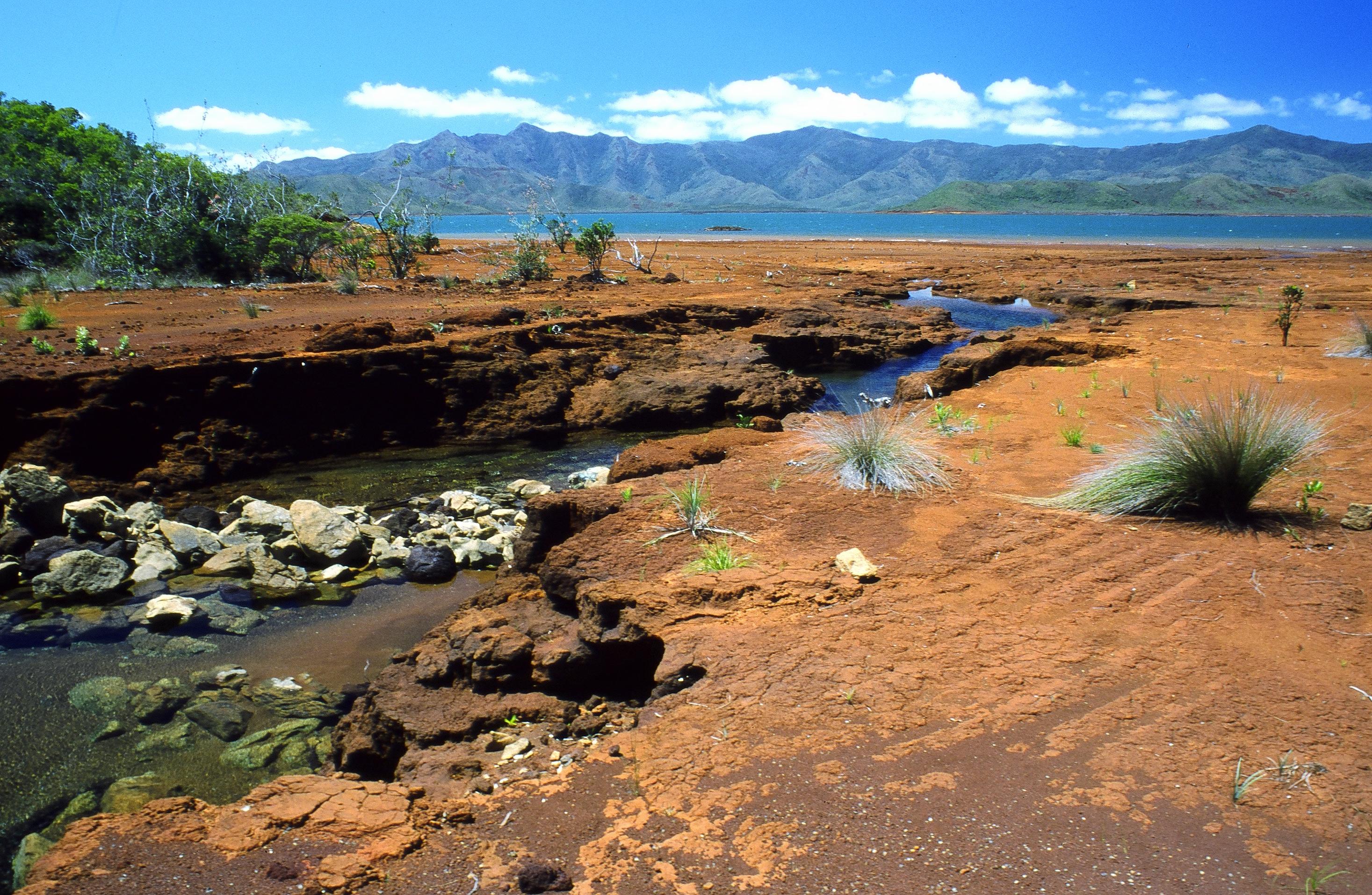The third and final referendum on the independence of New Caledonia from France, held on 12 December, resulted in an overwhelming victory for its opponents (96.49%). It stemmed from a boycott of the vote by the supporters of independence. While the French authorities consider the referendum result binding and call for dialogue on the future status of New Caledonia, separatist leaders intend to use the successful boycott to question the legitimacy of the last vote.
 Photo: Wikimedia Commons
Photo: Wikimedia Commons
What is the current status of New Caledonia?
New Caledonia, consisting of a group of islands and archipelagos located in the Pacific Ocean about 1,400 km northeast of Australia and nearly 17,000 km from France, is a community with extended autonomy within the French Republic. The limits of independence were determined by the Agreements of Nouméa of 1998, which also define the course of the decolonisation of this territory. As part of that process, three referendums were held on the independence of the island. Each ended with a victory for the opponents. However, while the results of the first two (2018 and 2020) were recognised by both supporters and opponents of independence, the result of the last one (from 12 December) is questioned by opponents who boycotted the vote en masse.
Who is calling for independence and why does France need New Caledonia?
The indigenous Kanak nation (about 40% of the 270,000 inhabitants of New Caledonia) comprise the core supporters of the separation of the territory from France. The reasoning behind Kanaks’ independence aspiration is a feeling of less chances of social advancement compared to the European-origin population. Their political representation is the Kanak and Socialist National Liberation Front (FLNKS). Although the FLNKS, founded in 1984, has not yet succeeded in building a majority for independence, the result of its activities is the constantly increasing numbers favouring autonomy in New Caledonia.
New Caledonia is a key territory for France’s military and strategic interests in the Indo-Pacific, especially in the context of the rivalry China-U.S. rivalry. Nickel deposits also play an important role, with extraction in New Caledonia meeting about 8% of the global demand. The interest from China in the islands’ natural resources also raises concerns among the French authorities and is one of the arguments against independence.
What is the context of the third referendum on the independence of New Caledonia?
The third referendum on the independence of New Caledonia was won by its opponents (96.49% against, 3.51% in favour, but in the two previous votes, the opponents of independence constituted only around 55% of voters). However, the turnout was only 43.90% compared to around 80% in the first two rounds. This difference came from the boycott, encouraged by the FLNKS supporters of independence. They justified it as a lack of response from the French authorities to their proposals to postpone the vote in view of the ongoing COVID-19 pandemic, which has affected the indigenous inhabitants of the island harder than the Europeans. The opponents of independence viewed the desire to postpone the vote as a fear of losing.
What will be the likely repercussions from the controversy over the results of the third referendum?
For the French authorities, the third referendum results mark the end of the discussion on New Caledonia’s independence and the beginning of a dialogue on its future status under the Nouméa Agreements. The aim is to further expand the territory’s autonomy and thus maintain social peace. The position of the authorities is supported by most of the French opposition forces.
Independence supporters affiliated with FLNKS refuse to recognise the results of the third vote, opting to challenge the implementation of the Nouméa agreements and strike a new deal with the French authorities that will not close the path to a declaration of independence of New Caledonia in the future. Another means of forcing concessions is the refusal to enter into the dialogue with the French authorities until after the presidential election in 2022. Uncertainty about the future of the Nouméa process will make it easier for other countries such as China to interfere in the internal affairs of New Caledonia.




